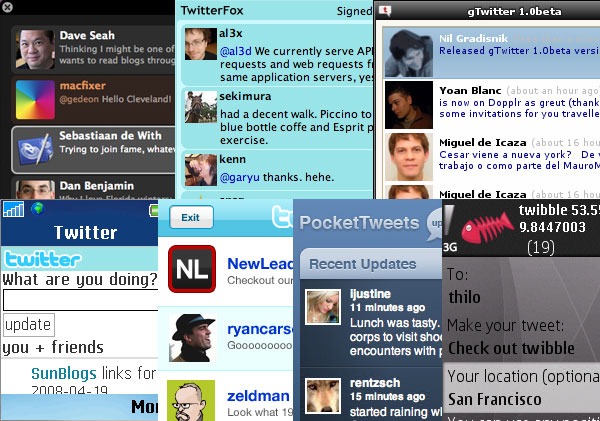
- Image via CrunchBase
What privacy rights do you have on social networks? Nearly everyday, civil litigators like myself and law enforcement officials request information from Facebook regarding user information. Understandably, Facebook has been very difficult in responding to such requests, believing that users have a right to privacy concerning its users information. But how much right should users of social networks have over information that is of public record?
Many social networking sites have taken the position that they will not respond to requests for information without a subpoena. This is a problem because users cannot obtain access to their accounts even if their account has been hacked.
This is especially problematic when it comes to the problem of cyber bullying. I have been trying to obtain records from Facebook for a client whose child whose account has been hacked by a cyber bully. Facebook has been unwilling to provide information to me about my clients own account.
According to Law.com, the Deputy General Counsel of Facebook, Mark Howitson told lawyers at the Legal Tech Conference in New York today that they are ready to fight requests for user information without a subpoena.
Unfortunately, you can only serve that subpoena in California which is problematic if you live in New York. Even with a subpoena, they will only provide basic subscriber information unless that user gives his or her consent. The company believes that it does not have to provide user information under the Electronic Communications Privacy Act which was passed before Mark Zuckerberg, the founder of Facebook, danced to his first disco tune at his bar mitzvah. Since this issue is relatively new, a congressional hearing is forthcoming.
Mr. Howiston suggests that the best way to obtain information from Facebook is to make a simple friend request, which is of little utility.
What do you think? What right of privacy should you have on social networks? Should there be a cyber bullying exception?
![Reblog this post [with Zemanta]](http://img.zemanta.com/reblog_e.png?x-id=dc3f8986-4cf2-453f-907e-11506e2db19b)
![Reblog this post [with Zemanta]](http://img.zemanta.com/reblog_e.png?x-id=d14c18bf-4189-4cee-a69d-0912a028a656)
 There is no question that the Internet has changed the way companies hire people. Currently 45 percent of employers use social networking sites and conduct online searches to screen applicants. If you are a job applicant, that means that your potential employer is reading you Twitter feed and analyzing your blog posts.
There is no question that the Internet has changed the way companies hire people. Currently 45 percent of employers use social networking sites and conduct online searches to screen applicants. If you are a job applicant, that means that your potential employer is reading you Twitter feed and analyzing your blog posts. ![Reblog this post [with Zemanta]](http://img.zemanta.com/reblog_e.png?x-id=86d74548-a1fa-450a-9327-425f25176be7)

![Reblog this post [with Zemanta]](http://img.zemanta.com/reblog_e.png?x-id=86ba3e51-aa89-44df-8e80-13115ade44af)
